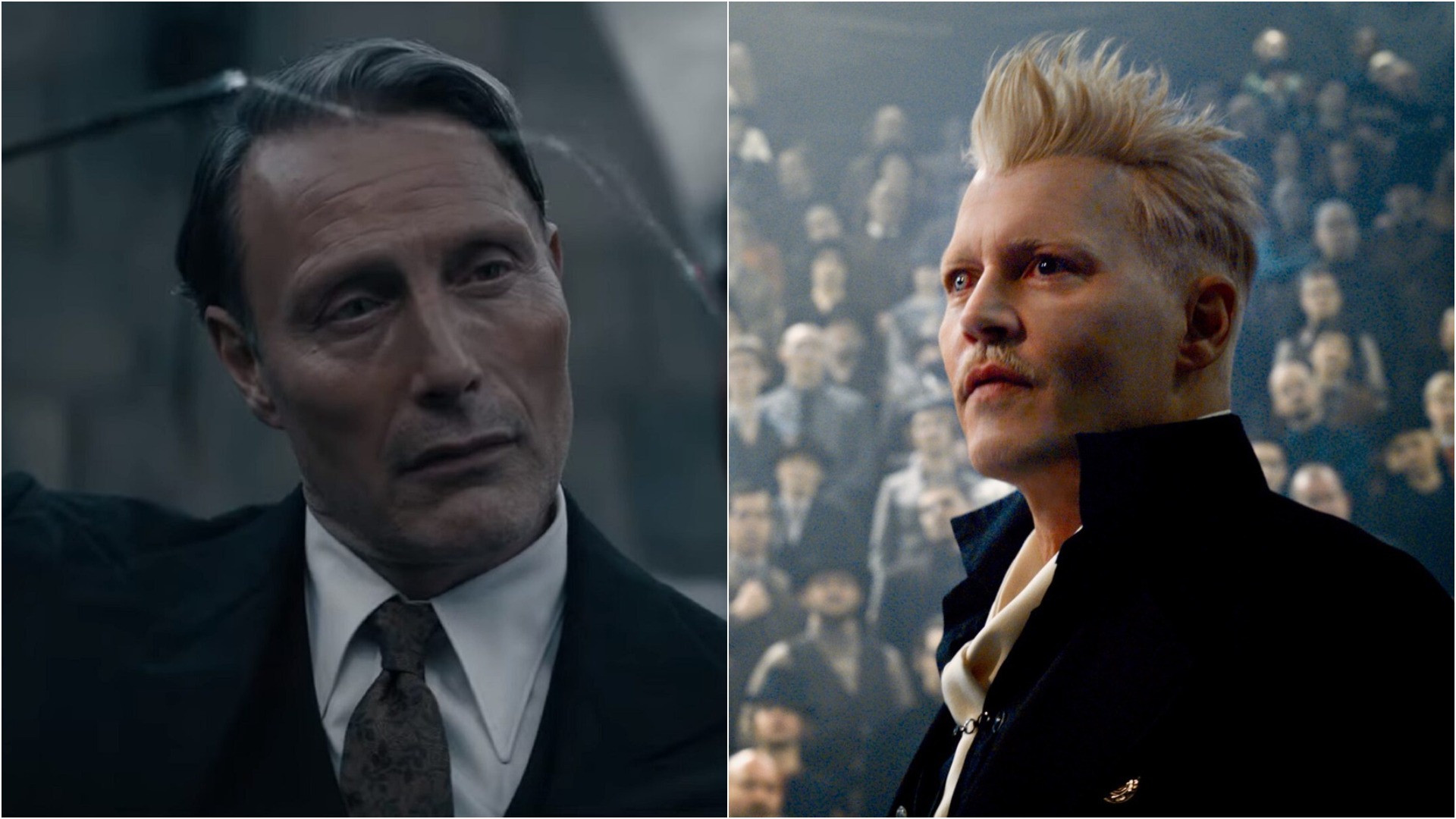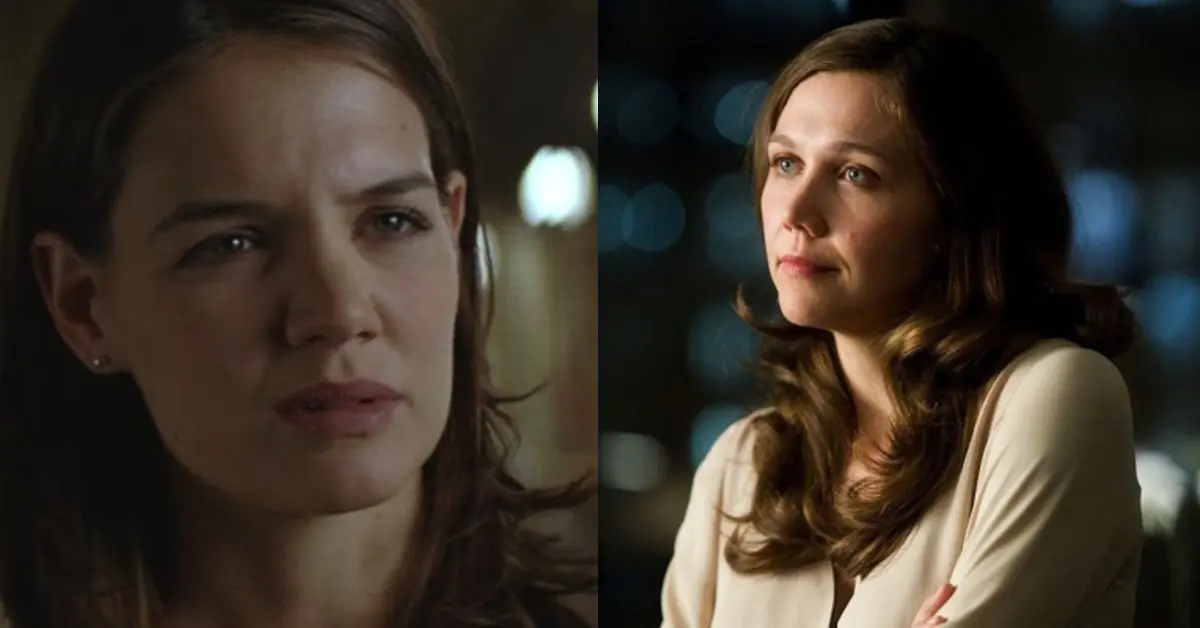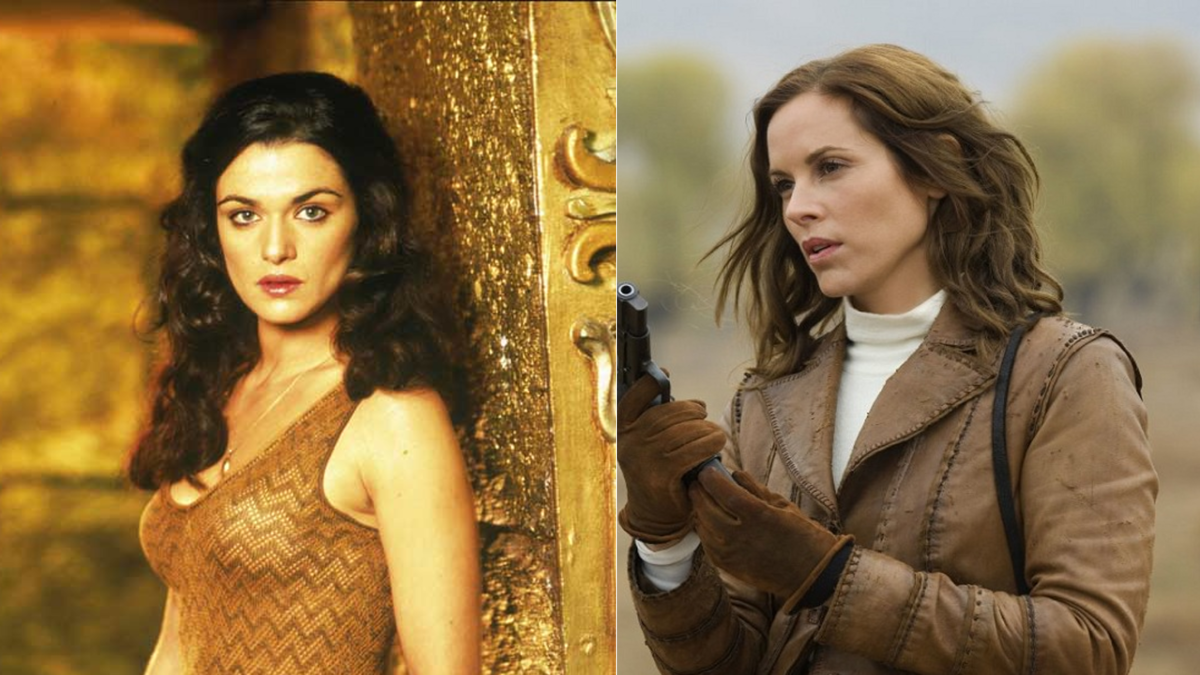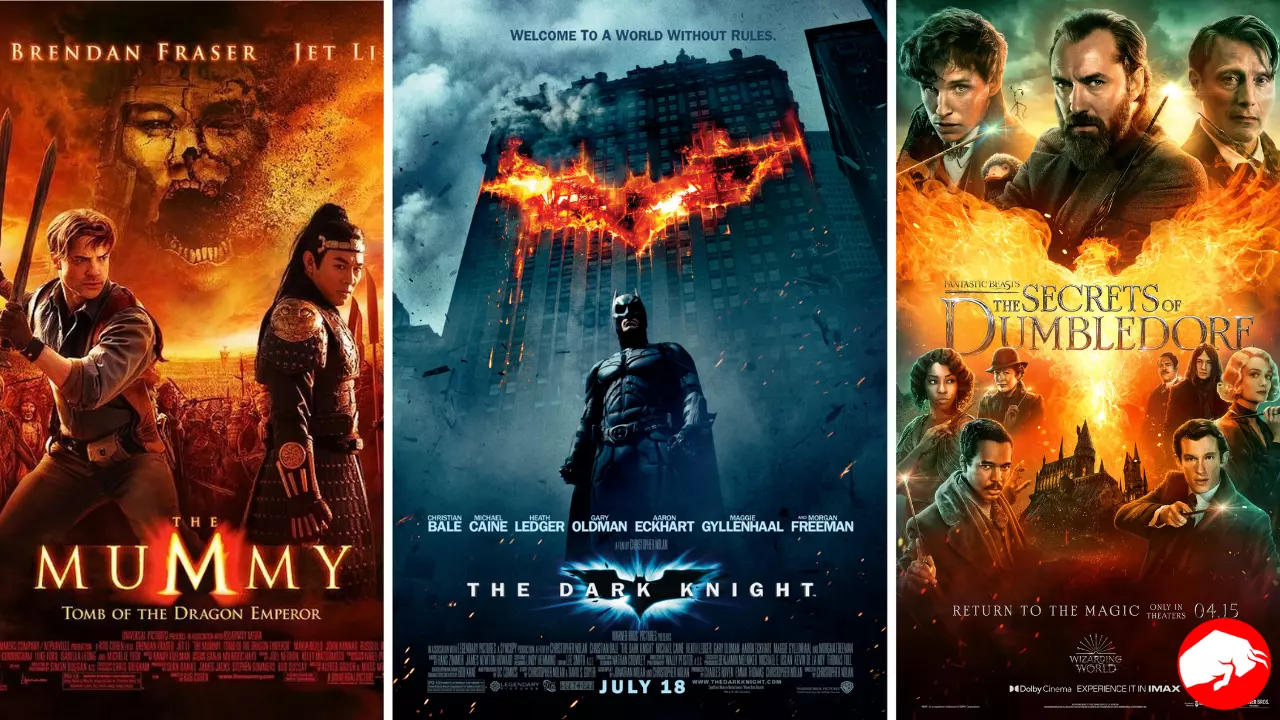The recurring event of recasting frequently punctuates the constantly shifting world of modern cinema. This is a practice that’s as old as the movie industry itself.
Whether it’s because actors grow weary of their roles in long-standing franchises or sudden commitments crop up, rendering them unavailable for their anticipated parts, the task of substituting main characters has become an all too common occurrence in today’s filmmaking industry.
However, such replacements are not always met with acceptance and approval. Like a coin toss, recasting can result in enhanced dynamics and renewed fan interest or a catastrophic tumble from grace. This delicate balance is a testament to the importance of casting in shaping a movie’s success and the audience’s connection to its characters. Even the most seemingly inconsequential change can stir the waters and result in a ripple effect that alters the course of an entire film or series.
Occasionally, these recasting decisions have culminated in dramatic cinematic failures that are etched into the annals of film history. These infamous instances are so noteworthy that they serve as cautionary tales for directors and producers considering similar casting shakeups in the future.
From the magical realm of Fantastic Beasts to the ancient crypts of The Mummy, I invite you to join me on a retrospective journey through some of these unfortunate casting decisions. We’ll delve into three remarkable examples where recasting, in its attempt to reinvent and reinvigorate, ended not in revival but in regrettable failure. So, fasten your seatbelts and brace yourself for a deep dive into the tumultuous world of movie recasting.
Fantastic Beasts: The Secrets of Dumbledore – A Replacement That Failed to Captivate
In the ever-evolving universe of film franchises, Warner Bros. found themselves navigating an unpredictable storm when they decided to recast the pivotal role of Gellert Grindelwald in Fantastic Beasts: The Secrets of Dumbledore. This character was initially brought to life by Johnny Depp, a seasoned actor who brought a unique depth to Grindelwald, making him an instantly memorable figure in the franchise.
However, Depp was in a vortex of legal complications due to his highly publicized spat with ex-wife Amber Heard. This led to a domino effect, with many studios choosing to disassociate from the actor amid fears of potential reputational risks. Warner Bros. is no exception.

Consequently, the role of Grindelwald needed to be refilled, and this daunting task fell upon the shoulders of the talented Mads Mikkelsen.
Mikkelsen, a Danish actor known for his versatility, was selected to step into Depp’s shoes. The decision was not without its critics, and the move was seen as a gamble. Despite Depp eventually emerging victorious from his legal struggle and making a return to the cinematic universe, the damage was done. The face of the series’ principal antagonist had changed, and fans didn’t readily accept this transition.
Mikkelsen’s performance was nothing short of impressive. He brought his unique interpretation to the character, infusing Grindelwald with different intensity. Nevertheless, the abrupt shift from Depp to Mikkelsen created a palpable divide among the franchise’s ardent followers. Fans of the series, who had grown attached to Depp’s portrayal, found it hard to adjust to this sudden change.
This wave of discontent and the ensuing debates raised severe doubts about the future trajectory of the franchise. It posed questions about the impact of such casting decisions on a series’s continuity and overall narrative arc. The situation highlighted the potential consequences of recasting and its ability to unsettle even the most loyal fans, casting a long shadow of uncertainty over the future of the Fantastic Beasts series.
The Dark Knight – A Change of Heart Leading to Discontent
In the annals of cinema, Christopher Nolan’s 2008 masterpiece, The Dark Knight, is a seminal work that redefined the superhero genre. However, beneath the film’s overwhelming success and cultural significance lies an undercurrent of discontent about the recasting of one of its central characters, Rachel Dawes.
Initially, the character of Dawes, Gotham City’s Assistant District Attorney and love interest to Christian Bale’s Batman, was portrayed by Katie Holmes in Batman Begins. Holmes managed to embed an emotional depth into the character and created a strong rapport with Bale’s Batman. This resonated deeply with the audience, who grew fond of her nuanced portrayal.

However, in a move that left many fans perplexed and disappointed, Holmes decided not to reprise her role in The Dark Knight. In the wake of her departure, the reins of the character were handed over to Maggie Gyllenhaal.
Gyllenhaal, an acclaimed actress in her own right, stepped into the franchise with the challenging task of filling Holmes’ shoes. Despite the film’s box office triumph and critical acclaim, her portrayal of Dawes was met with mixed reactions from the franchise’s dedicated fan base.
While Gyllenhaal brought her unique interpretation to the role, many fans felt she couldn’t capture the same essence that Holmes had brought to Dawes. There was a sense of disconnect, a subtle shift in the character’s dynamics that the fans couldn’t overlook. This unexpected transition seemed to cast a shadow over the otherwise stellar reception of the film.
The deep-seated affinity that fans had developed for Holmes’ Dawes made it difficult for them to embrace this change fully. The switch became a point of contention, triggering discussions about the impact of recasting on a character’s evolution and the overall narrative continuity of a franchise.
This episode serves as a poignant reminder that while its casting doesn’t solely determine a movie’s success, the characters’ portrayal and connection with the audience significantly shape the overall cinematic experience. In this case, even the universally celebrated The Dark Knight could not escape the ripples caused by the recasting of Rachel Dawes.
The Mummy: Tomb of the Dragon Emperor – A Change Too Hard to Digest
If ever there was a cautionary tale in the annals of cinematic recasting, it would have to be the saga that unfolded in the third installment of The Mummy film series, The Mummy: Tomb of the Dragon Emperor.
A beloved adventure franchise known for its blend of action, humor, and history, it was dealt a significant blow when Rachel Weisz, who brilliantly portrayed the character of Evelyn O’Connell in the first two installments, chose not to return for the third chapter.
With her charisma and palpable on-screen chemistry with co-star Brendan Fraser, Weisz had become an integral part of the franchise’s success. Multiple factors, including personal reasons, influenced her decision to withdraw, and she reported dissatisfaction with the script for the third movie. Her departure marked a significant turning point for the series, which would need to navigate the choppy waters of recasting a beloved character.

Stepping into the void left by Weisz’s departure was Maria Bello, a talented actress tasked with taking up Evelyn O’Connell’s mantle. However, despite Bello’s commendable efforts, the reception to her portrayal was largely lukewarm.
The series’ dedicated fan base found it challenging to reconcile with the stark absence of Weisz’s unique charm and chemistry in Bello’s performance. Even though Bello brought her own flair to the character, the audience did not receive the drastic change. This reaction highlighted the difficulties of recasting and underscored the impact it can have on a franchise’s legacy.
In a harsh twist of fate, The Mummy: Tomb of the Dragon Emperor has since been saddled with the unwelcome distinction of being widely considered the weakest link in the series. It’s a stark reminder of how significant the continuity of casting is to the audience’s perception and, by extension, the success of a franchise.
The examples of Fantastic Beasts, The Dark Knight, and The Mummy are potent reminders of the delicate balancing act that is recasting. Although sometimes an unavoidable part of the industry, recasting is always a high-stakes gamble.
It can breathe fresh life into a character or a series when done correctly. But when it misfires, as we’ve seen, it can lead to less-than-desirable outcomes, sometimes even jeopardizing the integrity and future of a franchise.
As cinema evolves, these instances serve as important lessons for filmmakers, underscoring the vital role consistent casting plays in storytelling and audience engagement.









